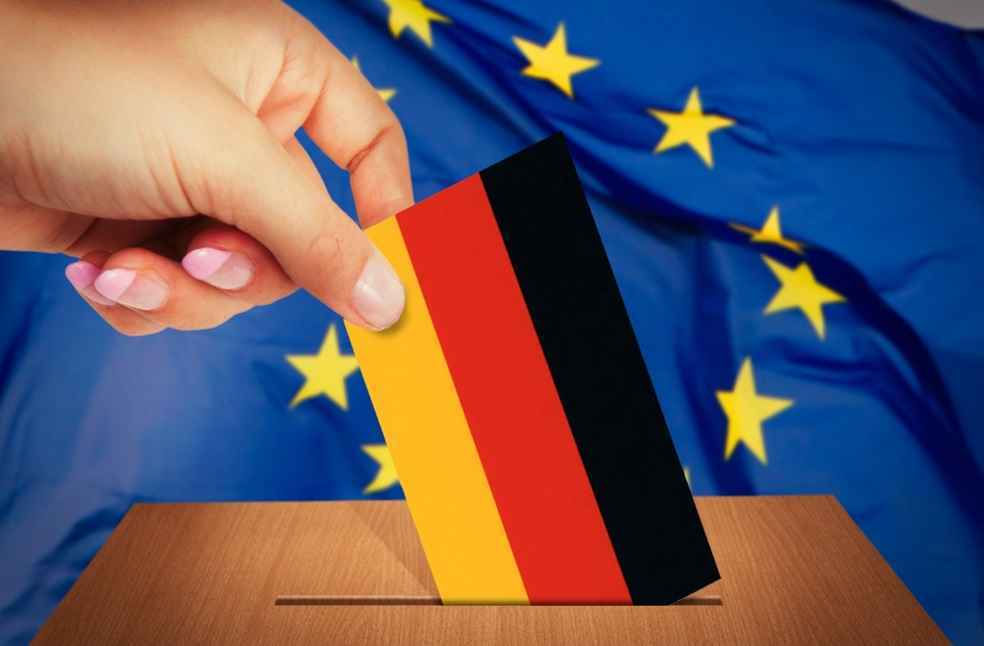Brussels: Meta, the owner of Facebook, has announced that it will launch a team committed to combat disinformation and harms induced by Artificial Intelligence (AI) in the lead-up to the European Parliament elections.
The Head of EU Affairs at Meta, Marco Pancini said that, “The EU-specific Elections Operations Center would bring together experts from across the company to focus on tackling misinformation, influence operations and risks related to the abuse of AI.”
“Ahead of the elections period, we will make it easier for all our fact-checking partners across the EU to find and rate content related to the elections because we recognize that speed is especially important during breaking news events. We’ll use keyword detection to group related content in one place, making it easy for fact-checkers to find,” Pancini noted in a blog post.
According to Pancini, Meta aims to tackle the risks associated with AI by implementing a feature that would allow users to indicate when they share AI-generated audio or video, and by introducing potential penalties for those who fail to comply.

“We already label photorealistic images created using Meta AI, and we are building tools to label AI-generated images from Google, OpenAI, Microsoft, Adobe, Midjourney, and Shutterstock that users post to Facebook, Instagram and Threads,” Pancini added. The launch of AI platforms like OpenAI’s GPT-4 and Google’s Gemini has raised concerns about the potential for misinformation, images and videos to influence voters in elections.
The European Union Parliament election is scheduled to take place between June 6 and 9, 2024, which is being described as the biggest election year in history. Voters from over 80 countries, including the US, India, Mexico, and South Africa, are set to vote in an election that will impact half the world’s population.
Meta, along with 19 other tech firms including Google, Microsoft, Amazon, and TikTok, signed a pledge earlier this month to block AI-generated content aimed at misleading voters.

As part of the “Tech Accord to Combat Deceptive Use of AI in 2024 Elections,” the companies have approved taking eight important steps to manage election risks. These steps contain developing tools capable of identifying AI-generated content and enhancing transparency regarding efforts to address potentially harmful material.
AI’s impact on voters has already come under scrutiny in several elections. Former Pakistani Prime Minister, Imran Khan utilised AI-generated speeches to rally supporters before the country’s recent parliamentary elections. In January, a bogus robocall proclaiming to be from US President Joe Biden recommended voters not to vote in the New Hampshire primary.
TRENDING | US urges tech CEOs to prioritize ethics & transparency in AI development



